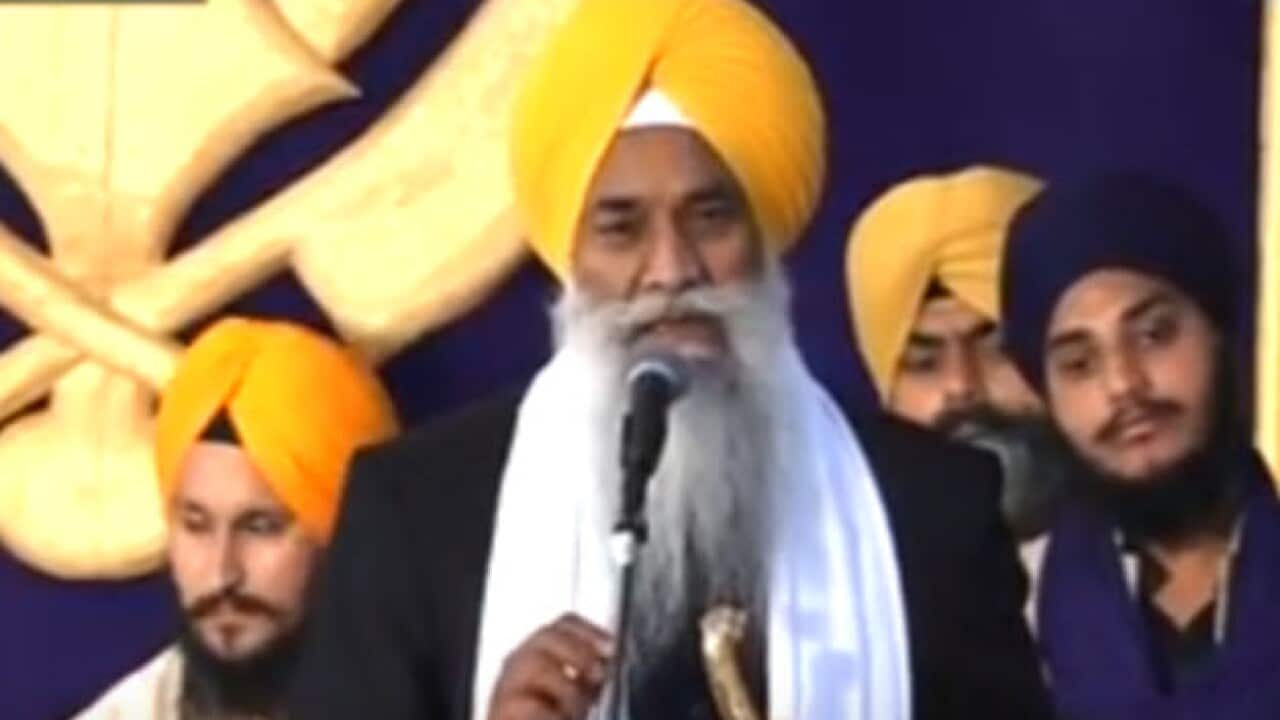Setting a bold precedent, the highest Sikh seat of authority, the Akal Takht has issued an edict to all gurudwaras to regulate the volume of loudspeakers so that students or neighbours in adjoining houses are not disturbed.
The directive, collectively issued by heads of all five Takhts, asks the management of Sikh temples to turn the speakers off during ‘ardas’ (prayer) and limit the volume during ‘kirtan’ (discourse). The order further implies that the sound emitting from the speakers must not be heard beyond the boundary walls of the temples.
The order further implies that the sound emitting from the speakers must not be heard beyond the boundary walls of the temples.

Sheesh Ganj Gurudwara Source: Wikipedia
A study conducted by the Punjab Pollution Control Board (PPCB) in April this year had found that the noise generated by speakers at religious places in villages was alarmingly high - at least two or three times higher than the permissible limit.
Loudspeakers are either affixed on rooftops or outside the premises of nearly all religious sites, which are switched on every mornings and evening.
Police in Punjab claim they have been swamped with reports from residents and students living around places of worship complaining that hymns can be heard at loud volume late at night and very early in the morning, every day.
According to noise pollution regulations in India, loudspeakers cannot be used anywhere without written permission from local authorities, and the sound from the speakers must not exceed the fixed agreed limit during the day. The law also states loudspeakers cannot be used at night after 10pm except in closed premises. Speaking to SBS Punjabi, Guneet Kalra from Jalandhar -who's house is a block away from the gurudwara in the locality - says that "nobody follows the law. On festivals, you can hear kirtan until the midnight from as far as a kilometer".
Speaking to SBS Punjabi, Guneet Kalra from Jalandhar -who's house is a block away from the gurudwara in the locality - says that "nobody follows the law. On festivals, you can hear kirtan until the midnight from as far as a kilometer".

The supreme Sikh authority of the Sikhs has directed all gurdwaras to limit the sound of the loudspeakers within the boundary walls of the temples. Source: AAP
However, this is not the first time that such an edict has been issued.
Earlier a similar order was issued by the Shiromani Gurudwara Committee, the apex Sikh body, in 2005, followed by another resolution in 2013 to restrain the use of speakers, but hardly any gurudwara adhered to the decrees.
"Although I agree it’s a good move, it clearly isn’t enough", adds Mr Kalra.
"I feel a blanket ban on loudspeakers at all religious places would be a more realistic solution".



